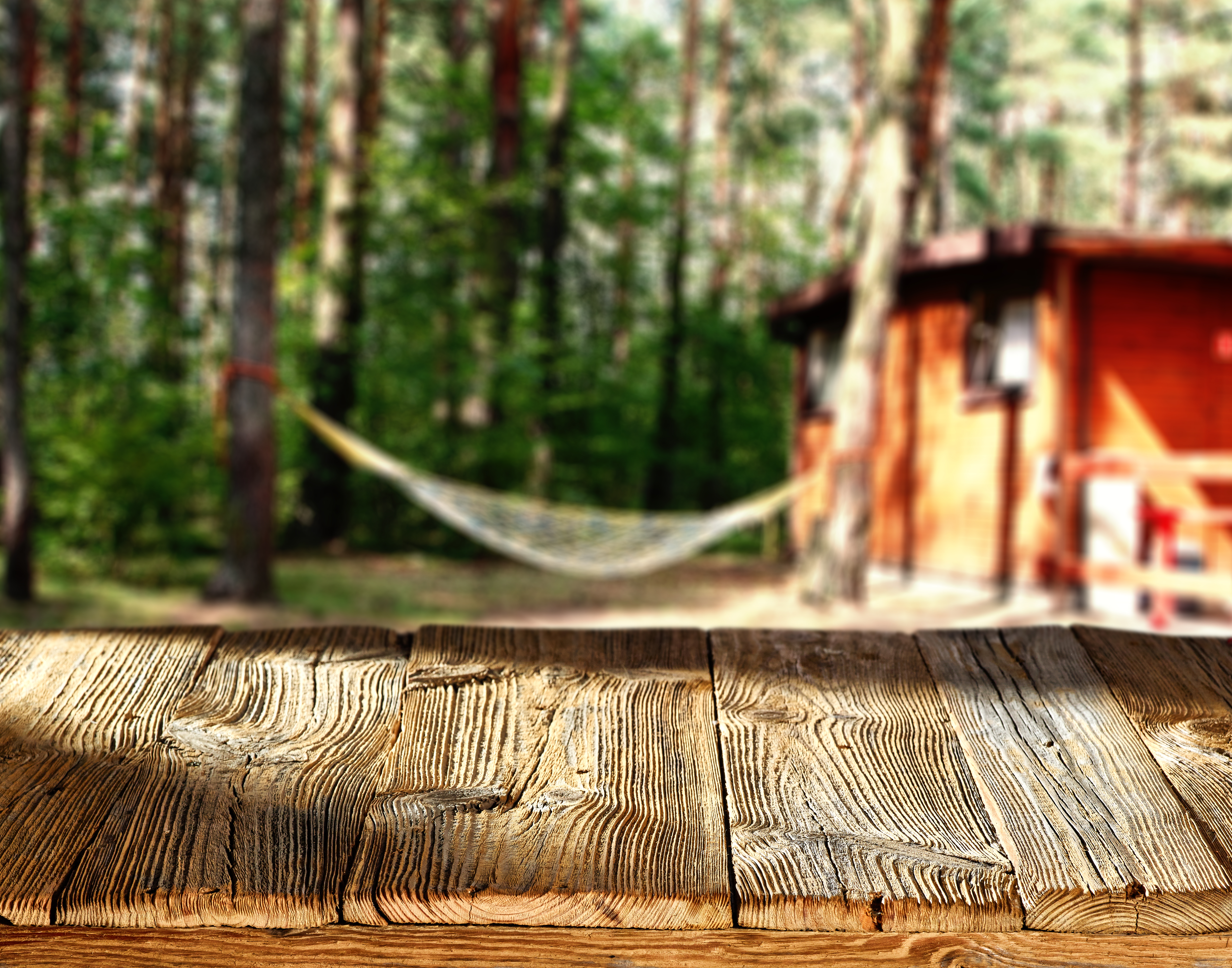Every summer, more than 14 million Americans across the country pack up their clothes and head off to camp. Others may attend day- or week-long camps as a means for exploring new interests, gaining self-confidence, or even taking a break from everyday life. Most campers return home with wonderful memories and new friends. Yet, some return home with devastating memories that have the potential to last a lifetime—memories of summer camp sexual abuse.
When a child is sexually abused while in the care of staff members at a summer camp, that trust is violated. If you are wondering what to do if your child was sexually abused at summer camp, an experienced California sexual abuse attorney will provide you with answers as well as help you determine who’s legally responsible. In some cases, in addition to the actual perpetrator of abuse, the organization can be held responsible; especially if they turned a blind eye or failed to properly handle the situation.
How to Respond to Suspected Summer Camp Sexual Abuse
Abuse doesn’t always manifest itself in obvious ways. Sometimes survivors of childhood sexual abuse internalize and exhibit stress in more subtle ways. Most often, they withdraw and become emotionally unavailable in family interactions. They may become sullen, lose interest in hobbies and pursuits they previously loved, and may express adamance about not going back to camp.
If your child has divulged to you that abuse has taken place, you are among the few parents in this position as only one in three children ever report their abuse. You can feel confident in your child’s admission. Though denial is an instinctual response, studies show 98% of children reporting sexual abuse are telling the truth.
A parent’s response following the disclosure of the sexual abuse of their child is one of the most significant factors influencing the impact the abuse has on that child.
A parent’s response to learning of their child’s sexual abuse should:
- Validate: Say things like “I believe you;” “I’m so sorry this happened to you;” “What happened to you is very serious;” “I can see how painful it is for you;” “It’s okay to feel afraid/sad/angry;” or “Thank you so much for telling me; you did the right thing.”
- Reassure: Say things like “I love you no matter what;” “I will do everything I can to keep you safe;” and “What happened to you was not your fault.”
- Involve: Ask what your child wants or needs. Try to include their input and opinions in developing a treatment plan, so they feel some sense of control. Clearly explain why your child needs to see a doctor or speak with a social worker.
- Be Honest: Avoid making false promises.
You should also avoid:
- Becoming noticeably upset: Remember your child may be feeling scared, anxious, confused, angry, and sad. Above all else, you need to be the model of calm.
- Attacking the abuser: Confronting the abuser without the full story can increase danger to you and your child. Be discreet and avoid spreading rumors before they’re confirmed.
- Pressuring your child to speak: Allow your child to speak freely, but do not probe too deeply. Acquiring a child’s testimony is a complex process best done by trained professionals.
In some cases, California law protects your right to file as a “Jane or John Doe.” This can keep your identity private, while still allowing you to pursue justice. Contact us to discreetly discuss your case.
What to Do If Your Child Has Been Sexually Abused at Summer Camp

When you know or suspect child abuse:
Protect your child. Make sure your child feels safe and not at-fault. In the Bay Area, we recommend taking your child to a hospital that conducts forensic medical exams. If possible, a rape kit should be performed within 72 hours of contact. We also recommend working with a group like CALICO, which helps children process their experiences with the assistance of counselors and specially trained law enforcement.
Take care of yourself. A healthy “you” is better equipped to take care of your child. Keep loved ones close for support, setting aside time for pursuits that do not revolve around dealing with the abuse. Eat a balanced diet, drink plenty of water, and prioritize daily exercise. Consulting with a mental health counselor one-on-one could also be a good idea.
Report it immediately to the police. Charges can be filed against the abuser, preventing the predator from sexually assaulting another child. The National Child Abuse Hotline volunteers will coach you through the proper reporting of a case. Local investigators will compile the facts in a criminal investigation. If there is sufficient evidence, they will forward the case to the district attorney’s office. Then, the district attorney will decide whether to press charges against the perpetrator. If convicted “beyond a reasonable doubt,” the perpetrator could face jail time, civil fines, probation, and registration on the state sex offenders registry.
Contact a civil attorney specializing in sexual abuse cases. Regardless of how the criminal case turns out, your legal options include the opportunity to pursue financial compensation through the civil justice system. Civil court allows for an expanded scope of liability, making it possible to hold more than one individual liable for the abuse. Suing on your child’s behalf can cover medical bills, counseling costs, and emotional pain and suffering stemming from summer camp sexual abuse.
Who Is Liable for Summer Camp Sexual Abuse?
Camps have become a multi-billion dollar industry in the United States, and the companies that own and operate camps have an established “duty of care” to properly train and supervise their employees. There is no excuse for sexual abuse at camp. You should not delay in reaching out to the proper authorities if you suspect that your child has been molested or otherwise sexually abused.
In addition to suing the individual perpetrator, you may also file a civil lawsuit against:
- camp owners, administrators, and insurers
- the summer camp’s state licensing agency
- legal guardians of minors who have committed sex abuse
- third parties involved with the camp, such as church sponsors or sports organizations
- staff members who knew (or should have known) about the abuse and did nothing
The State of California has a mandatory reporter law, which requires anyone working directly with children—camp staff members included—to report known or suspected cases of child abuse directly to the local police or child welfare agency within 36 hours. Those who do not comply with the law face fines of $1,000 and up to six months in jail.
If you or your child silently suffered sexual abuse while mandatory reporters looked the other way or attempted to cover up the abuse, contact a San Francisco attorney.
Preventing Summer Camp Sexual Abuse

While there is no guarantee in ways to prevent child sexual abuse, parents should be vigilant in screening camps for policies and procedures that can minimize the risk of abuse. Such policies include mandatory criminal background checks, monitoring the behavior of older campers with their younger peers, and training for staff about reporting any suspected inappropriate sexual behavior.
Proper education at home can also greatly reduce a child’s risk of victimization. Be sure to read our guide to talking to kids about sexual abuse. It’s never too early to start with the following steps:
- Teach toddlers the correct names of body parts to encourage healthy body image and deter child predators.
- Use potty training or doctor’s appointments as times to discuss body privacy.
- Discuss appropriate boundaries—what parts are private, when it’s okay to say “no” to an adult, reinforcing that “we never keep secrets in our family” and “we can talk about anything.”
- Teach early warning signs of “feeling unsafe,” such as sweaty palms, a racing heart, a sick feeling in the tummy, or wanting to run away.
- Develop a safety network that includes members outside the immediate household—grandparents, neighbors, teachers, school guidance counselors, doctors, and police officers—that your child can talk to if he or she is feeling unsafe.
- Connect with teens using books or multimedia, keeping the channels of communication open, especially during these formative years.
Did you know there are no upfront costs with Lewis & Llewellyn?
Every case review and consultation is free. Should we decide to take on your case, you will sign a contract defining payment, but no money is collected. Any fees required are factored into the settlement or compensation amount.
You have nothing to lose and everything to gain from speaking with an experienced attorney regarding your legal options.
Contact California Sexual Abuse Attorneys
Many classify sexual abuse as a personal injury but most personal injury attorneys handle car accidents, slip-and-fall cases, and medical malpractice. They may not possess the experience necessary to handle the complexity of sexual abuse charges.
Lewis & Llewellyn is a boutique law firm in San Francisco that has extensive experience in cases of child sexual abuse, including sexual abuse at summer camp. We work with both child and adult survivors of sexual assault and abuse. Even if the abuse happened years ago, there may still be a chance to obtain a recovery in civil court.
Not only can we help you file a lawsuit and fight for maximum compensation, but we can also steer you toward counselors and local resources to help you get life back under control. Contact our team online for support and guidance to see you through this emotional time, or call +1 (415) 800-0590 to schedule an appointment with an advocate today.
DISCLAIMER: The information in this blog is provided for general informational purposes only, and may not reflect the current law in your jurisdiction. No information contained in this blog or on this website should be construed as legal advice from Lewis & Llewellyn LLP. Neither your receipt of information from this website, nor your use of this website to contact Lewis & Llewellyn LLP creates an attorney-client relationship between you and the firm or any of its lawyers. No reader of this website should act or refrain from acting on the basis of any information included in, or accessible through, this website without seeking the appropriate legal advice on the particular facts and circumstances at issue from a lawyer licensed in the recipient’s jurisdiction.


